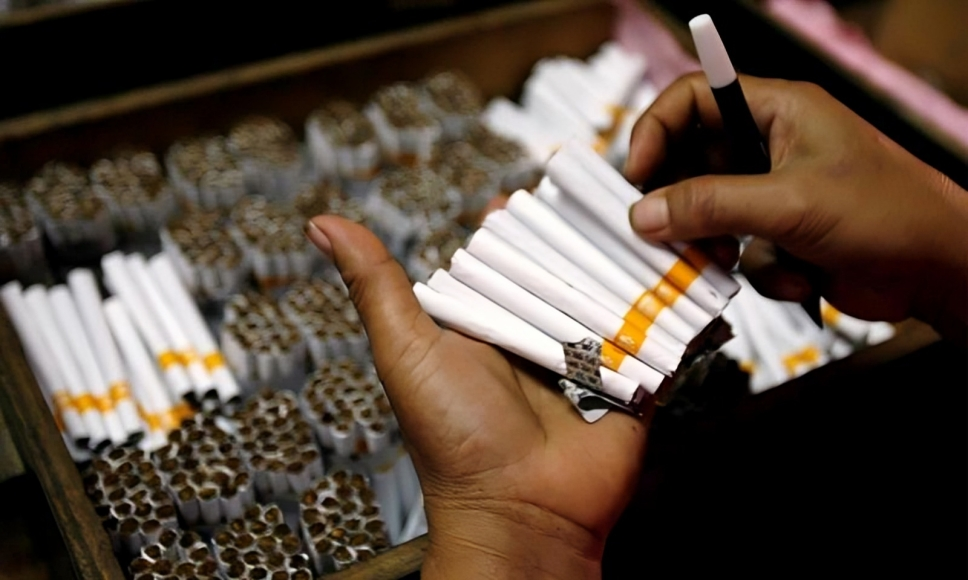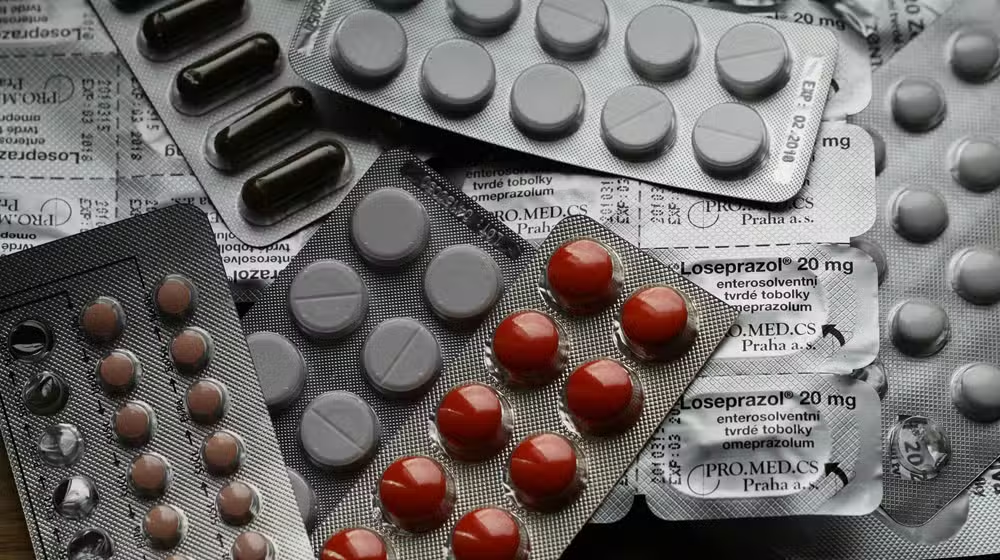FBR Tobacco Supply Controls Curb Illegal Trade and Boost Revenue

The Federal Board of Revenue (FBR) has rolled out a new set of comprehensive measures under the FBR Tobacco Supply Controls initiative, aiming to curb illegal tobacco trade and enhance revenue collection from the tobacco sector. These new regulations are expected to bring more transparency to the tobacco supply chain, reduce tax evasion, and ensure fair business practices across the country.
What Are the FBR Tobacco Supply Controls?
The FBR Tobacco Supply Controls refer to a series of reforms and enforcement strategies introduced by the Federal Board of Revenue to monitor and regulate the production, distribution, and sale of tobacco products in Pakistan.
According to FBR officials, the new controls include mandatory tracking of tobacco shipments, electronic monitoring of factories, tighter licensing requirements, and the use of digital tax stamps to verify the legality of tobacco products in the market.
These steps are a part of FBR’s broader plan to digitize the supply chain and increase tax revenue from the tobacco industry, which has been one of the largest contributors to indirect taxes in Pakistan.
Why Are These Controls Being Introduced?
There are several reasons behind the implementation of the FBR Tobacco Supply Controls, including:
-
Massive Tax Evasion: FBR estimates that billions of rupees in tax revenue are lost annually due to illegal tobacco production and smuggling.
-
Undocumented Trade: A significant portion of tobacco sales happens outside of the documented economy, making it hard to collect taxes fairly.
-
Health Concerns: Illegal tobacco products often do not comply with health warning requirements and may pose higher health risks.
-
Smuggling Networks: Unregulated supply chains make it easier for smuggling networks to thrive, affecting both revenue and public health.
-
International Pressure: Pakistan is under pressure from international organizations to regulate harmful substances more strictly.
Key Features of the FBR Tobacco Supply Controls
The newly announced FBR Tobacco Supply Controls include several core elements:
1. Track and Trace System (TTS)
All licensed tobacco manufacturers will be required to install a Track and Trace System on their production lines. This system will monitor the manufacturing and movement of tobacco products in real time. It will use unique tax stamps with QR codes to track product origin and destination.
2. Digital Tax Stamps
Each pack of cigarettes or tobacco product must carry a government-issued digital tax stamp, making it easy for authorities and retailers to verify whether the product is legal or not. Selling or transporting unstamped products will lead to heavy fines and penalties.
3. Electronic Monitoring of Factories
CCTV cameras and real-time reporting systems will be installed in tobacco production units to monitor activities and report directly to FBR’s central system. This will help prevent under-reporting of production volumes.
4. Strict Licensing System
Under the new controls, manufacturers, distributors, and wholesalers must renew their licenses regularly and pass compliance checks. Unauthorized businesses found dealing in tobacco products will face strict legal actions.
5. Surprise Inspections and Audits
FBR field teams will conduct surprise inspections of factories, warehouses, and retail outlets to ensure compliance with the new FBR Tobacco Supply Controls. Businesses that fail to comply will face suspension, fines, or even criminal prosecution.
Industry Reaction to the New Tobacco Controls
Reactions from the tobacco industry have been mixed. Some large-scale manufacturers welcomed the move, stating that it will help level the playing field and eliminate unregistered competitors who evade taxes.
However, small-scale producers have raised concerns about the cost of compliance and fear that the FBR Tobacco Supply Controls might push them out of business. Industry associations have urged the government to provide technical and financial support to help them adapt to the new system.
Retailers, on the other hand, believe the digital stamp verification system will reduce the risk of selling illegal products and make the market more secure.
Government’s Expected Outcomes
With the enforcement of FBR Tobacco Supply Controls, the government expects:
-
Significant Increase in Tax Revenue: Officials predict a 20-30% rise in tobacco tax collection.
-
Reduction in Illegal Tobacco Trade: By tracking each pack of tobacco, the system will cut down smuggling and unregistered sales.
-
Improved Public Health Compliance: Legal producers must follow health warning laws, ensuring consumer protection.
-
Better Data for Policy Decisions: Real-time tracking and digital reporting will help policymakers make informed decisions about tobacco regulation.
Challenges in Implementation
Despite the good intentions, the rollout of the FBR Tobacco Supply Controls may face several challenges:
-
Resistance from the Informal Sector: Small manufacturers may avoid registration, continuing to operate illegally.
-
Technical Limitations: Some regions may lack the internet infrastructure needed for real-time monitoring.
-
Enforcement Issues: Corruption or lack of coordination between departments may hinder effective enforcement.
FBR has stated that it will provide training, support, and a grace period to help businesses comply before full enforcement begins.
Public Awareness Campaigns
To support the success of the FBR Tobacco Supply Controls, the government plans to launch a public awareness campaign. This will include:
-
Advertisements on TV, radio, and social media
-
Workshops for retailers and distributors
-
Guidelines for consumers on how to identify legal vs. illegal tobacco products
These campaigns aim to involve the public in identifying and reporting illegal products, thereby strengthening enforcement efforts.
International Comparisons
Similar tobacco control measures have been implemented successfully in countries like:
-
Brazil
-
Turkey
-
South Africa
These countries have seen improved tax collection, reduced smuggling, and better health compliance through digital tracking systems. Pakistan hopes to replicate this success with the FBR Tobacco Supply Controls.
Conclusion
The introduction of FBR Tobacco Supply Controls marks a major step forward in Pakistan’s effort to regulate its tobacco sector, fight tax evasion, and ensure consumer protection. By introducing digital tracking, tax stamps, strict licensing, and factory monitoring, the FBR is targeting the root causes of illegal tobacco trade and unrecorded revenue losses.
If successfully implemented and enforced, these new measures could help the country recover billions in lost tax revenue annually, level the playing field for legal businesses, and align Pakistan with global best practices in tobacco regulation.
While the road ahead may include challenges related to compliance, infrastructure, and resistance from informal sectors, the initiative demonstrates a strong political will to bring reform and accountability to one of Pakistan’s highest-revenue industries.
Related Resource: Visit FBR’s Official Website for Updates



